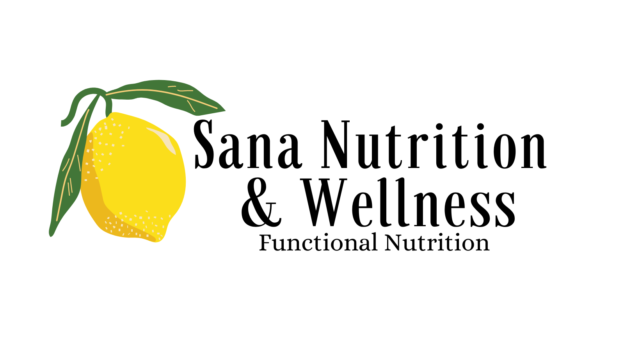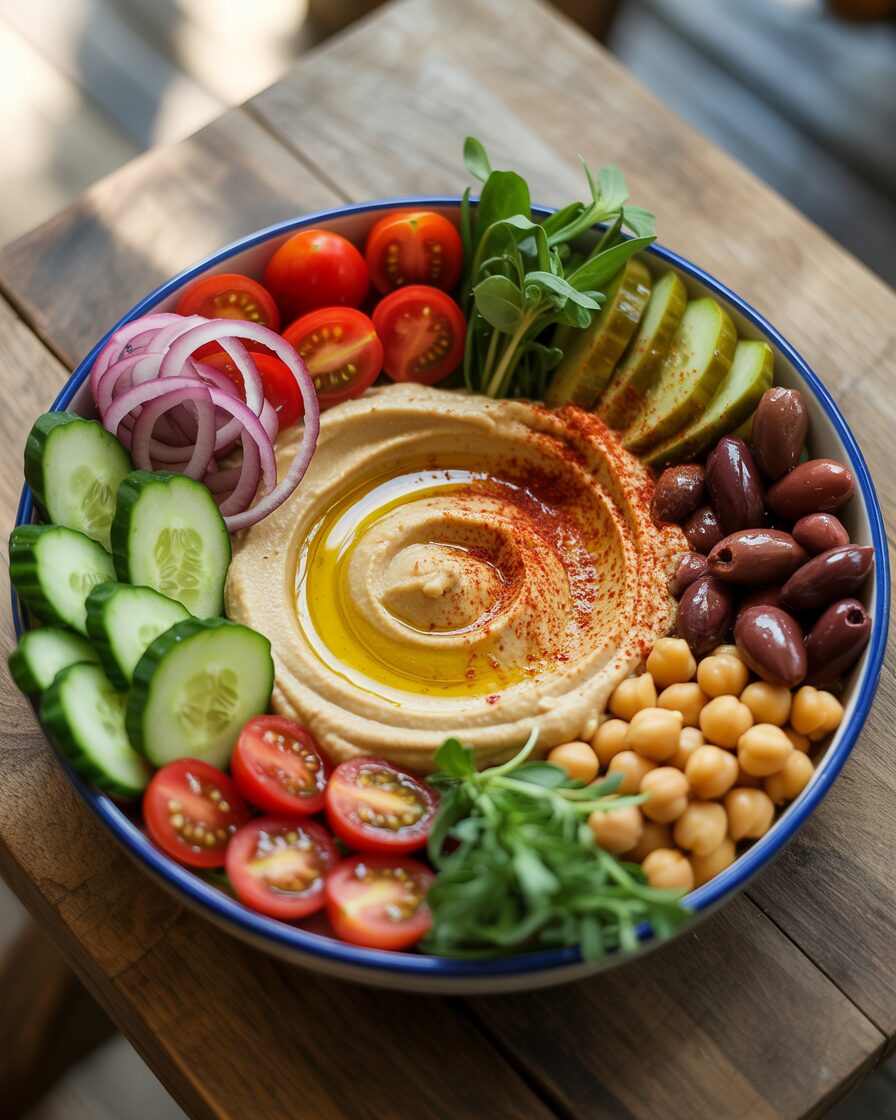Our diet has a profound effect on inflammation and immune function
Are you looking for ways to improve your autoimmune condition? One powerful tool you have at your disposal is your diet. By making strategic changes to your diet, you can alleviate symptoms and boost your overall well-being.
The Importance of Antioxidants and Phytochemicals:
Antioxidants and phytochemicals are like the superheroes of the food world when it comes to combating autoimmune conditions. These compounds, found abundantly in certain foods, help fight inflammation and support your immune system.
Antioxidants: Foods like berries, dark leafy greens, nuts, seeds, dark chocolate, and green tea are packed with antioxidants. These nutrients work to combat oxidative stress in your body, which can contribute to inflammation and worsen autoimmune symptoms. Incorporating this antioxidant-rich
- Vitamin C: abundantly found in citrus fruits (such as oranges, grapefruits, and lemons), strawberries, bell peppers, kiwi, and broccoli.
- Vitamin E . In nuts (such as almonds and hazelnuts), seeds (such as sunflower seeds), and green leafy vegetables (such as spinach and kale).
- Beta-carotene is found in orange and yellow fruits and vegetables (such as carrots, sweet potatoes, and bell peppers) and leafy greens (such as spinach and kale). The body converts beta-carotene into vitamin A.
- Glutamine: an essential amino acid, is crucial for immune health and tissue repair, potentially supporting individuals with autoimmune diseases. While the body can produce glutamine, its synthesis may be compromised in conditions like mitochondrial dysfunction, commonly associated with autoimmune diseases. Glutamine plays multiple roles, including supporting gut barrier integrity, modulating immune function, and promoting tissue repair. However, individuals with autoimmune diseases may benefit from additional glutamine through dietary sources like protein-rich foods, as compromised glutamine production could exacerbate immune dysfunction and tissue damage characteristic of autoimmune conditions. I often recommend Glutathione supplementation my clients with Autoimmune diseases. The goal is to support the body with supplementation until your healing processes work optimally.
Glutathione supplements – HERE and HERE
Phytochemicals: Turmeric, garlic, ginger, cruciferous vegetables, and citrus fruits are rich in phytochemicals. These plant compounds have potent anti-inflammatory properties and can help regulate immune function. Adding these foods to your meals can help soothe inflammation and promote overall wellness in individuals with autoimmune conditions.
- Curcumin: Found in turmeric, curcumin is known for its potent anti-inflammatory properties and may help alleviate symptoms of autoimmune diseases.
- Quercetin: Found in onions, apples, berries, and citrus fruits. It has been shown to modulate immune responses, inhibit inflammatory pathways, and reduce symptoms in autoimmune conditions such as rheumatoid arthritis and inflammatory bowel disease.
- Resveratrol: Found in grapes, red wine, berries, and peanuts, It has been studied for its potential to modulate immune function and reduce inflammation in autoimmune diseases like rheumatoid arthritis and multiple sclerosis. Supplementation is helpful with Resveratrol, this is a great supplement
- Allicin: Found in garlic, allicin is a sulfur-containing compound with immune-boosting and anti-inflammatory properties. It has been shown to modulate immune responses, inhibit inflammatory pathways, and reduce symptoms in autoimmune conditions such as rheumatoid arthritis and lupus.
Food for Gut Health:
Maintaining a healthy gut is crucial for managing autoimmune conditions, as the gut plays a significant role in immune function. Certain foods can help support GI health and promote a balanced gut microbiome.
- Fermented Foods: Yogurt, kefir, kimchi, and other fermented foods are rich in probiotics, which are beneficial bacteria that support gut health. Including these foods in your diet can help maintain a healthy balance of gut bacteria and support immune function.
- Prebiotic-Rich Foods: Onions, garlic, bananas, apples, artichokes, and beans are examples of prebiotic-rich foods. These foods contain fiber and other nutrients that feed the beneficial bacteria in your gut, helping to promote a healthy microbiome and support digestive health.
- High-Fiber Foods: Fruits, vegetables, and whole grains are high in fiber, which is essential for digestive health. Fiber helps regulate bowel movements, promotes the growth of beneficial gut bacteria, and supports overall GI function.
Nutritional Strategies for Immune Wellness
Focus on a Whole Foods Diet: Adopting a whole foods-based diet, including plenty of fruits, vegetables, whole grains, lean proteins (such as poultry, fish, legumes, and tofu), and healthy fats (found in avocados, olive oil, nuts, and seeds). Minimize processed and refined foods.
Check out my Mediterranean Diet Bundle or Plant-Based Bundle to start or continue your whole foods diet journey
Food Sensitivities: Identify and eliminate potential food triggers to manage symptoms and inflammation. Keep a food diary, and testing might be helpful. Common sensitivities: gluten, dairy, eggs, corn, soy. (These foods are not a problem for everyone, but it’s essential to investigate.)
At Home Food Senstsivy Test HERE and HERE
Incorporating these nutrient-rich foods into your diet can help optimize your nutrition and support your body’s ability to manage autoimmune conditions. By focusing on antioxidant-rich and phytochemical-packed foods and those that promote GI health, you can take proactive steps towards improving your well-being and living your best life.
This article contains affiliate links. Rest assured, I stand behind all the products recommended. These links support the creation of valuable content at no extra cost to you. Thank you for your support!




